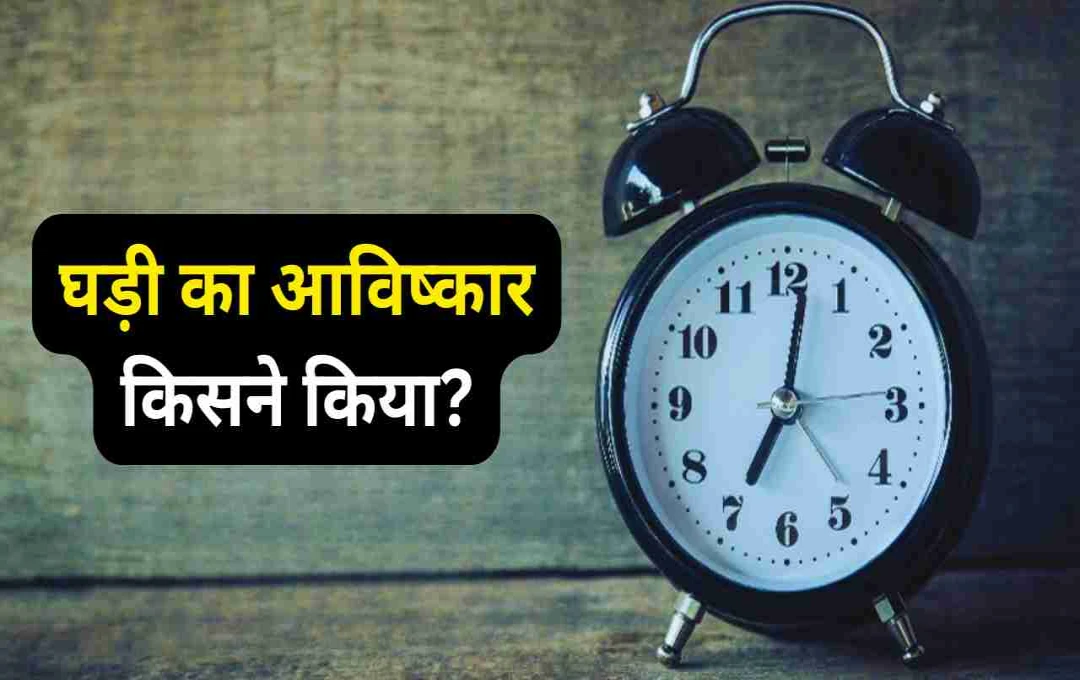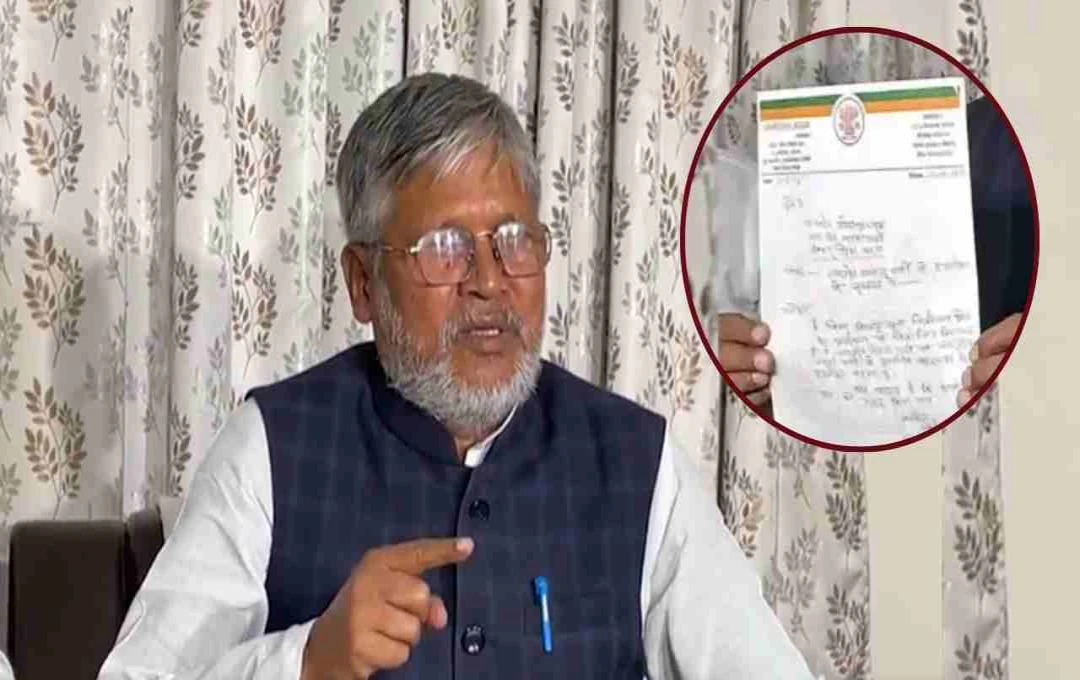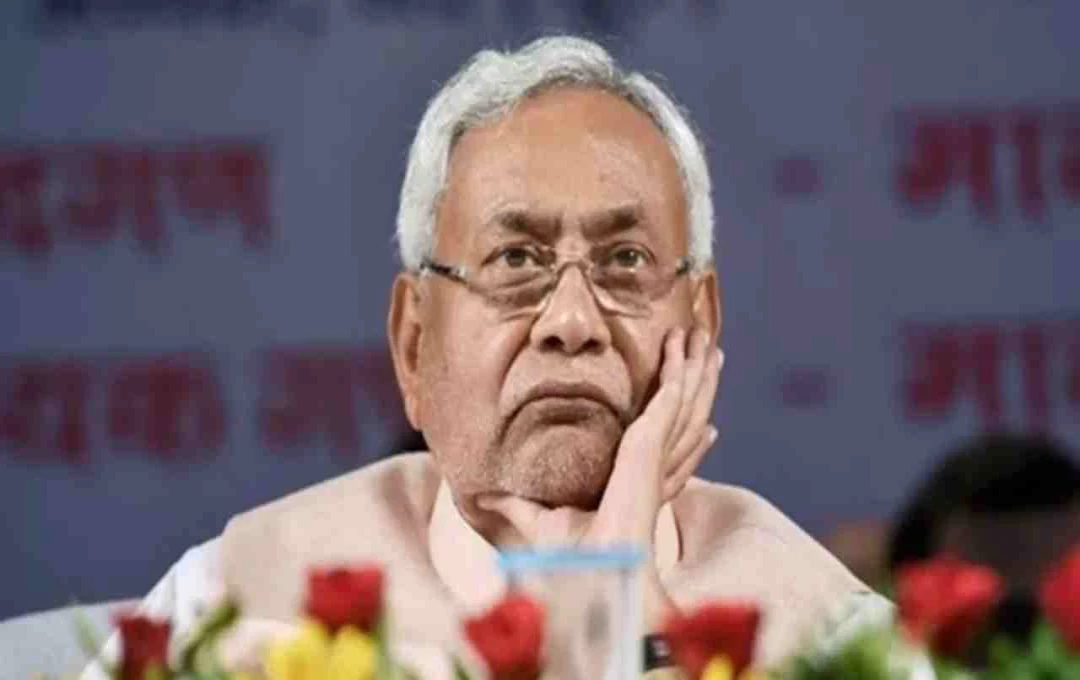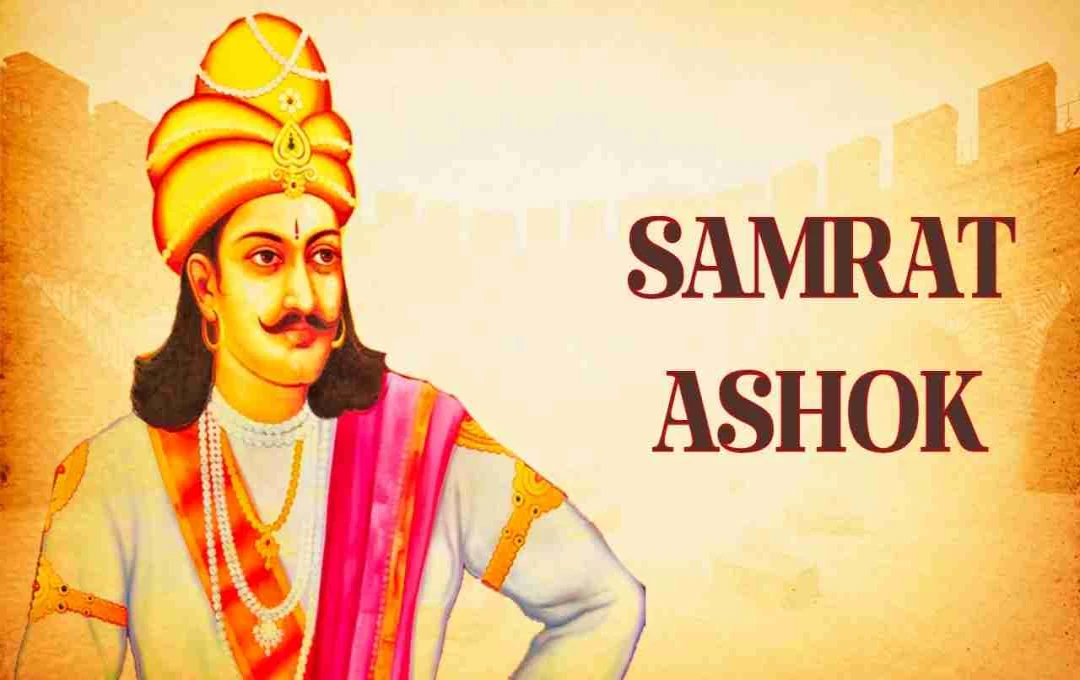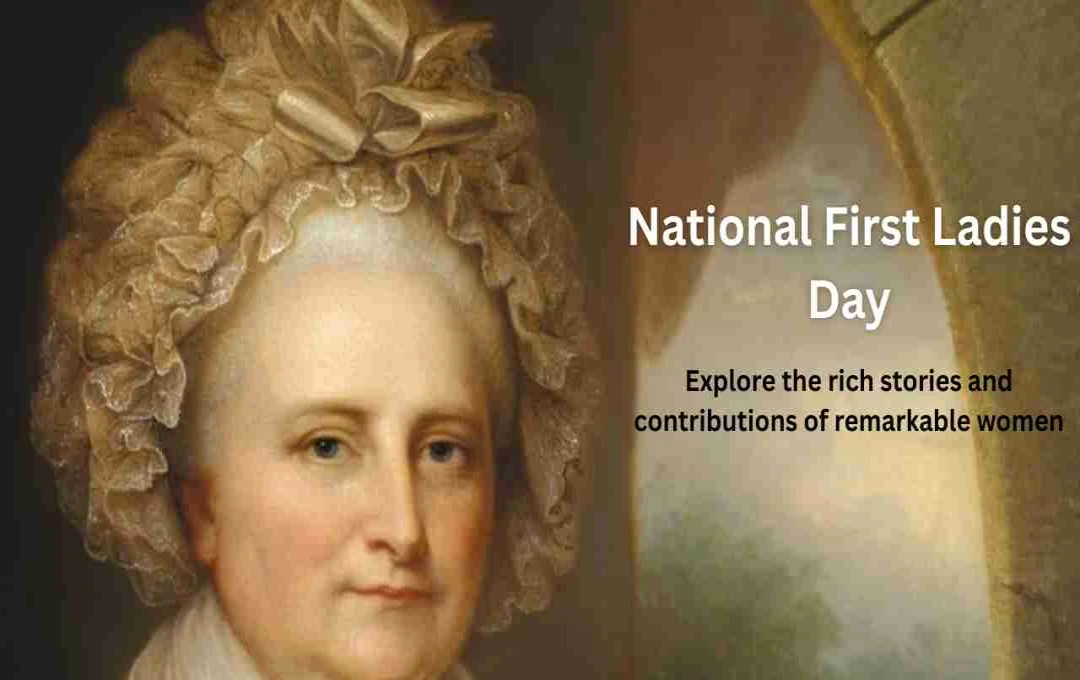Today, we constantly look at clocks—on our phones, on the wall, or on our wrists. But have you ever wondered how people knew the time before clocks existed? In ancient times, people estimated time based on the sun's direction, shadows, and the weather. Civilizations like Egypt and Babylon used sundials and water clocks. These clocks weren't very precise, but they were a revolutionary invention for their time.
The Early Invention of the Mechanical Clock
The first mechanical clock was built in Europe around the 13th century. These clocks used a heavy pendulum or a rotating wheel to help maintain a consistent pace of time. These clocks were very large and were mostly installed in church towers or town towers. The clock would chime every hour to signal the time, allowing people to know the time even from a distance. This clock did not run on electricity but rather on iron machinery and weights.
Who Invented the Clock?
Several scientists contributed to the invention of the clock, but the most important name is Peter Henlein, who was from Germany. In 1510, he made the first small mechanical clock that people could keep in their pockets. This clock was called a "portable clock," and it ran on spring power, meaning it had a spring that slowly unwound to run the clock. Peter Henlein is known as the "father of the modern clock" because he moved the clock from the wall of the house to a person's pocket.
The Journey from Pocket Watch to Wristwatch
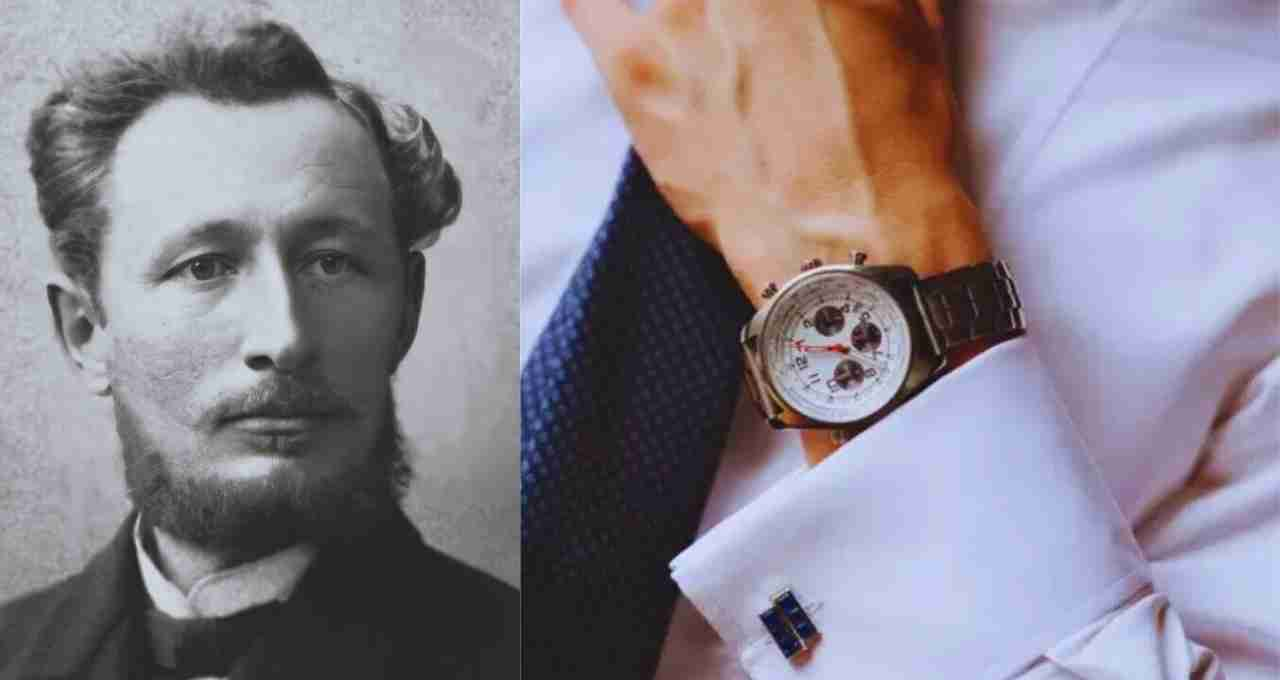
From the 17th to the 19th century, people used pocket watches, which were attached to a chain and worn on the waist. But when the First World War began in the early 20th century, it became difficult for soldiers to take out their pocket watches to check the time. Thus, the wristwatch came into use, which was easy and convenient to wear on the wrist. After the war, this watch became popular among the general public, and both men and women started wearing it. The wristwatch became a new and fashionable way to tell time.
The Arrival of the Quartz Clock
In 1969, the Japanese company Seiko made the first quartz clock, which is considered a significant discovery in the world of clocks. This clock used a battery and a quartz crystal, which allowed it to tell the time with great accuracy. Compared to earlier mechanical clocks, this clock was lighter, cheaper, and more durable.
The quartz clock changed the clock market worldwide. Its technology was so successful that today, most digital and analog clocks are based on this technology. The quartz clock not only made knowing the time easier, but it also made it accessible to the common people.
The Era of Digital Clocks and Smartwatches
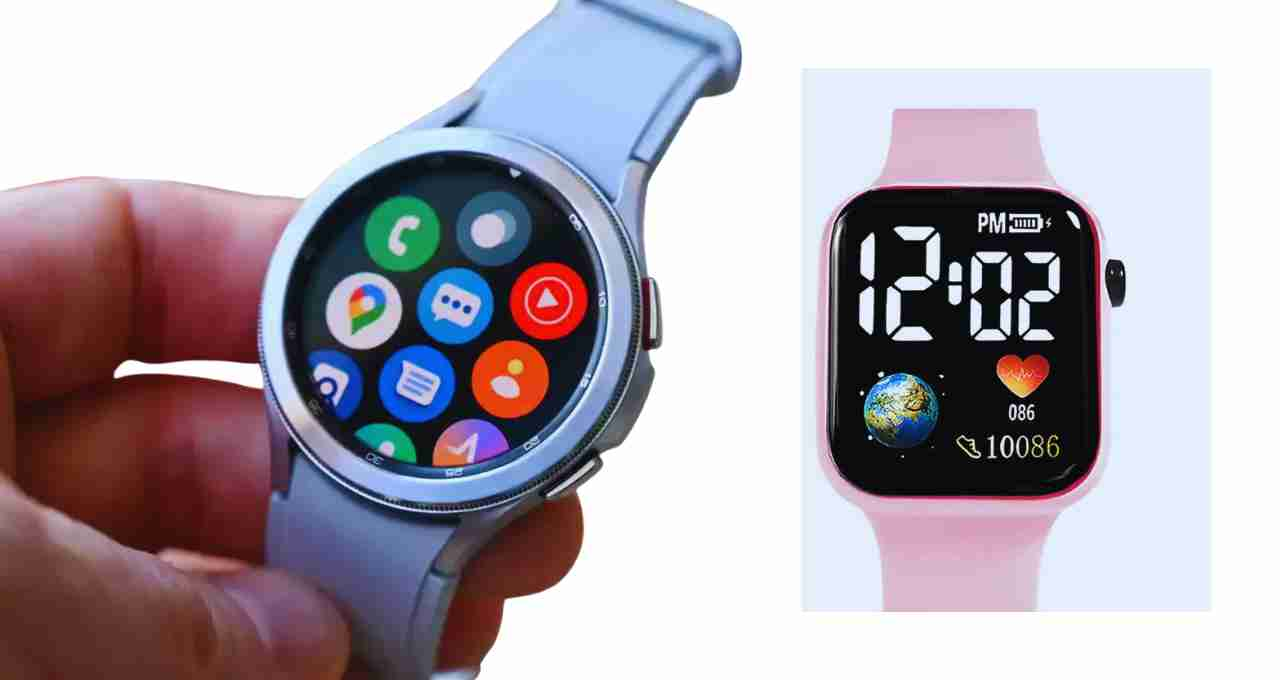
In the late 20th century, digital clocks came into the market, which came with not only time but also many useful features like date, alarm, stopwatch, and more. These clocks had LED or LCD screens, which made it easier to read the time. People liked this technology a lot because it provided other essential information along with the time.
After this, the era of smartwatches began in the 21st century. Companies like Apple, Samsung, and Fitbit transformed the clock from a simple time-telling device into a smart device. Now it is possible to make calls, read messages, measure heart rate, track fitness, and even browse the internet from the watch. The smartwatch has made our lives even smarter.
The History and Popularity of Clocks in India
The use of clocks in India began during the British era, when knowing the time was considered a special thing, and clocks were only available to the wealthy or upper class. Gradually, it reached the common people and became an essential part of life. In India, HMT (Hindustan Machine Tools) started manufacturing affordable and durable clocks, which brought the clock to the general public. Later, companies like Titan and Fastrack came, which made the clock even more popular among youth and fashion-conscious people. Today, clocks are available for every class in India.
The history of the clock is not just the development of a device, but also the depth of thought and technology of human civilization. The measurement of time began with the sun and water, and today we wear smartwatches that handle everything from health to communication. From Peter Henlein to Apple, the clock has come a long and interesting journey. It's not just a time-telling device but has become a companion of life.
